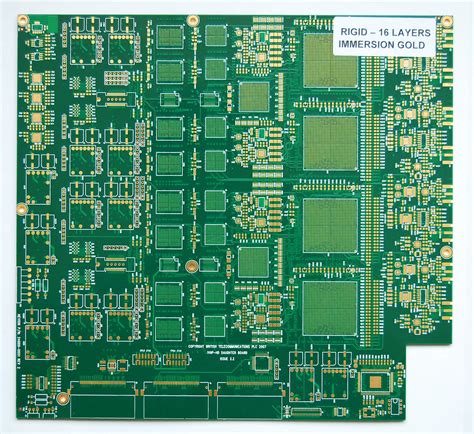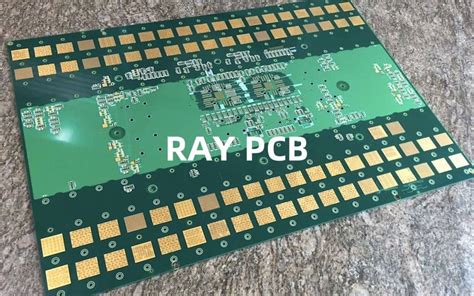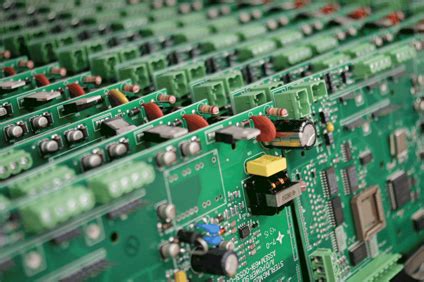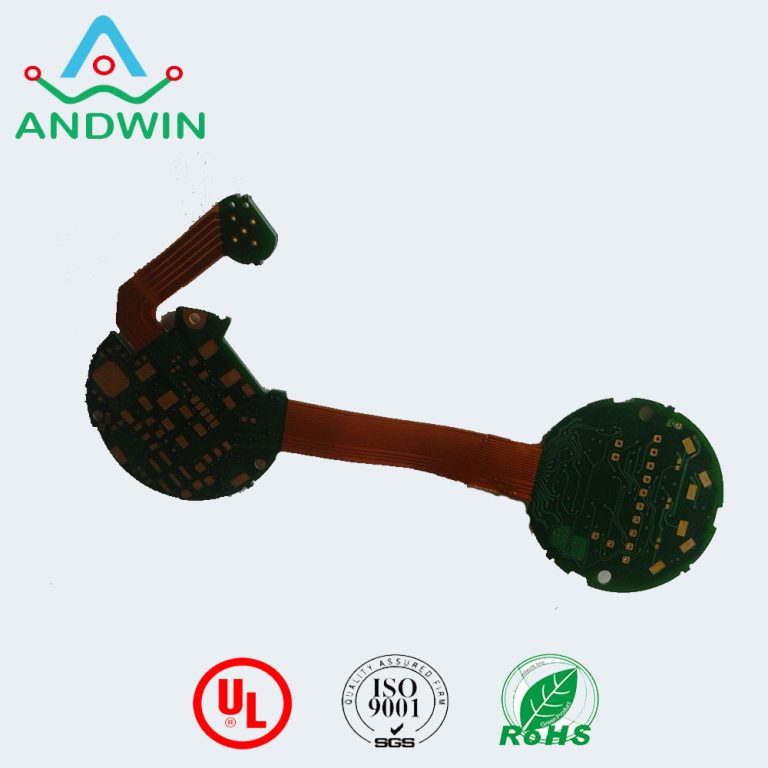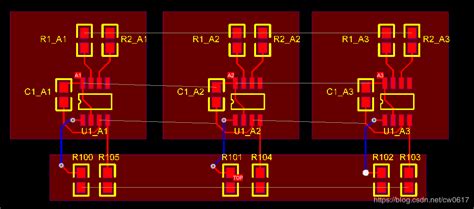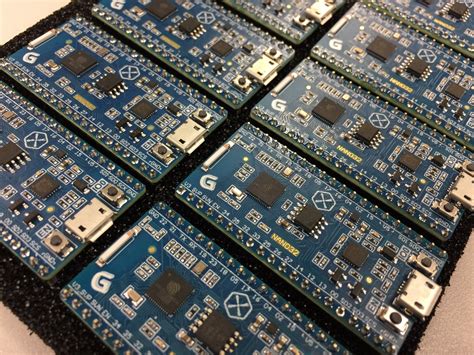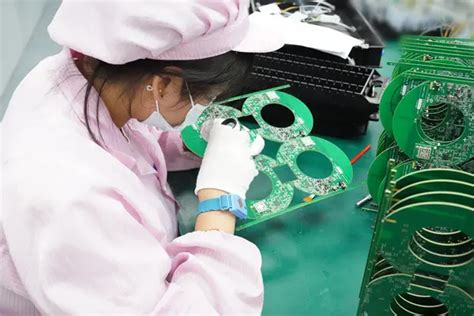Choosing the Right 16 Layer PCB Manufacturer for Your Project
Key Takeaways
When you embark on the journey of selecting a 16 layer PCB manufacturer, there are several crucial factors to consider that can significantly impact your project’s success. First and foremost, the choice of technology is paramount; ensure the manufacturer has the necessary capabilities and modern equipment to handle PCB manufacturing effectively. As you evaluate potential PCB manufacturing companies, pay close attention to their quality assurance practices—these directly influence the reliability and performance of your PCBs.
Don’t underestimate turnaround times, as a streamlined production process can make a difference in your project’s timelines. Inquire about the manufacturer’s commitment to deadlines, ensuring that they can deliver efficiently without compromising quality. Moreover, robust customer support is a vital aspect; having accessible and knowledgeable representatives can facilitate smooth communication throughout the production process.
As you compare PCB manufacturing cost, remember that finding value often includes looking beyond just the lowest price. Consider what features and services are included in that cost—these factors will affect your overall satisfaction with not just the product, but also with the entire PCB manufacturing business relationship.
Ultimately, taking these key points into account will empower you to make an informed choice when selecting a manufacturer for your 16 layer PCBs, setting your project up for success.
Choosing the Right Technology for 16 Layer PCBs
When selecting a 16 layer PCB manufacturer, understanding the technology they employ is critical. Different pcb manufacturing companies utilize varying techniques that can significantly impact the performance and reliability of your printed circuit boards. For instance, advanced techniques such as HDI (High-Density Interconnect) and blind or buried vias can enhance circuit complexity and miniaturization. Be sure to inquire about the latest technologies in use—these advancements can often lead to more efficient designs and better signal integrity.
Additionally, you should evaluate the manufacturer’s capabilities in pcb manufacturing processes such as surface mount technology (SMT), through-hole technology, and selective soldering. Each method has its own advantages tailored to specific requirements, so aligning these with your project’s needs can result in enhanced performance.
It’s also crucial to consider how these technological capabilities affect your overall pcb manufacturing cost. The initial investment in high-end technologies might be recouped through reduced assembly costs and increased product reliability over time. Remember, “Investing in quality technology today can save you more tomorrow” is a principle worth keeping in mind as you navigate your pcb manufacturing business partnerships.
Lastly, when working with a potential manufacturer, asking for examples of past projects that leverage these technologies provides insight into their expertise. This helps ensure that you choose a partner capable of meeting both your technical specifications and design ambitions efficiently. For further assistance in finding proficient manufacturers, check out resources available at Andwin PCB.
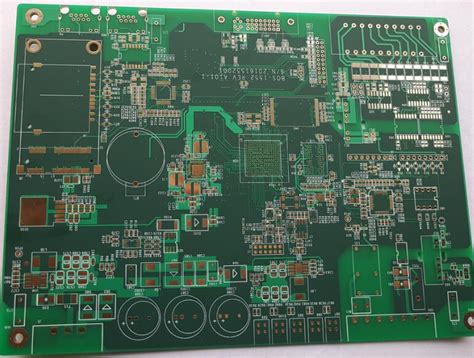
Evaluating Quality Assurance Practices in PCB Manufacturing
When it comes to pcb manufacturing, one of the most critical aspects you should consider is quality assurance practices. These practices play a vital role in ensuring that the boards meet the rigorous standards required for your project’s success. PCB manufacturing companies often implement various quality control measures, including incoming materials inspection, in-process controls, and final product testing.
To give you a clearer overview, here is a table highlighting key quality assurance practices:
| Quality Assurance Practice | Description |
|---|---|
| Incoming Inspection | Verifying the quality of raw materials before production. |
| In-Process Testing | Monitoring critical manufacturing stages to catch defects early. |
| Final Testing | Conducting comprehensive tests on completed PCBs to ensure functionality and compliance with specifications. |
You should also look for certifications such as ISO 9001 and IPC standards, which can indicate a company’s commitment to maintaining high-quality output. Additionally, inquire about their pcb manufacturing cost related to these practices; while some manufacturers might skimp on quality checks to lower prices, this often leads to higher costs down the line due to rework or failures in the field.
Ultimately, when choosing a pcb manufacturing business, focus on those who demonstrate robust quality assurance protocols. These companies not only assure you of superior products but also mitigate risks related to project delays and budget overruns caused by faulty PCBs. Your project deserves reliable partners who prioritize excellence throughout their pcb manufacturing processes.
Understanding Turnaround Times: What to Expect from Manufacturers
When selecting a 16 layer PCB manufacturer, one critical factor you need to consider is the turnaround time. In the realm of PCB manufacturing, turnaround times can vary significantly among different PCB manufacturing companies. Generally, you should expect a standard turnaround time ranging from one to four weeks, depending on various factors such as the complexity of your design and the manufacturer’s capacity. It’s vital to communicate your specific needs upfront to ensure that you receive accurate timelines. Delays can occur for numerous reasons, including material sourcing and production scheduling. Understanding these factors can help you plan your project timeline more effectively and mitigate risks associated with delays. Additionally, when evaluating potential PCB manufacturing companies, inquire about their policies for rush orders or expedited services; many manufacturers offer these options which can be beneficial if you are facing strict deadlines. Keep in mind that while a quicker PCB manufacturing cost might be tempting, it shouldn’t come at the expense of quality and reliability—these elements are crucial for both short-term project success and long-term satisfaction in your PCB manufacturing business.
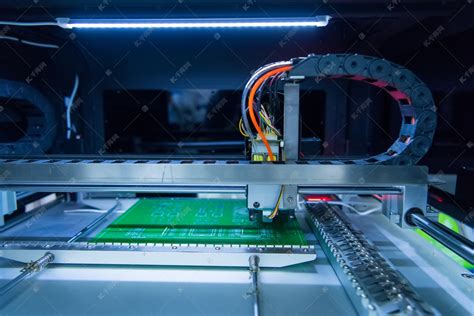
The Importance of Customer Support in PCB Production
In the world of PCB manufacturing, selecting the right manufacturer goes beyond just examining technical capabilities; the role of customer support is pivotal in ensuring a smooth and efficient production process. When you partner with PCB manufacturing companies, strong customer support can be the difference between a successful project and significant delays. It’s essential to have a team that is responsive to your inquiries, provides insights during design discussions, and offers assistance when challenges arise. Look for manufacturers who not only address your concerns but proactively communicate updates about production timelines, potential issues, and solutions. This level of support reduces anxiety and fosters a collaborative atmosphere. Ultimately, when evaluating your options, ensure that you prioritize manufacturers that emphasize comprehensive customer support, as this can significantly impact overall satisfaction and may also help mitigate unexpected PCB manufacturing costs throughout your project lifecycle. A manufacturer dedicated to providing exemplary customer service can ensure that your experience in navigating the complexities of the PCB manufacturing business is as seamless as possible, allowing you to focus on achieving your project goals.
Comparing Costs: Finding Value in 16 Layer PCB Manufacturing
When it comes to pcb manufacturing, one of the most significant considerations for your project is the pcb manufacturing cost. Understanding the range of costs associated with pcb manufacturing companies will help you determine where you can find value without compromising on quality. Start by requesting quotations from different pcb manufacturing business providers, but remember that the lowest price may not always be the best choice. Look for comprehensive proposals that break down costs related to materials, technology, and labor to get a clearer picture of what you are paying for. Additionally, consider the long-term implications of your choices—an upfront savings might lead to higher expenses later if quality issues arise or if timelines are extended due to production flaws. Engage in discussions with potential manufacturers about their pricing structures and what factors influence their costs. This due diligence not only fosters transparency but also emphasizes your commitment to finding a partner who values quality alongside competitiveness in pricing. By focusing on these elements, you can navigate the complexities of costs and find a 16 layer PCB manufacturer that aligns with both your budget and project requirements effectively.
Key Features to Look for in a 16 Layer PCB Manufacturer
When selecting a 16 layer PCB manufacturer, it is essential to focus on several key features that can significantly impact the quality and efficiency of your project. First and foremost, evaluate their technology offerings; modern PCB manufacturing relies heavily on advanced techniques such as automated inspection and multilayer integration. These technologies can drastically enhance the reliability of printed circuit boards. Additionally, it is important to scrutinize their quality assurance practices, as manufacturers with robust testing procedures are more likely to deliver products that meet your specifications. Understanding their turnaround times is another crucial factor; swift delivery without compromising quality should be a top priority in your selection process. Customer support is equally vital; a responsive manufacturer can aid you in navigating challenges that arise during the PCB manufacturing business cycle. Lastly, an analysis of pcb manufacturing costs will help you find a balance between quality and affordability, ensuring you receive value for your investment while working with reputable pcb manufacturing companies. Selecting a manufacturer that aligns with these features will significantly influence the success of your project.
Best Practices for Collaborating with Your PCB Manufacturer
Collaborating with your PCB manufacturer can significantly influence the success of your project, especially when dealing with complex 16 layer PCBs. First and foremost, ensure that you communicate your requirements clearly. This includes specifying the intended application for the PCB, which helps in determining the appropriate materials and technologies needed. It’s also advisable to maintain open lines of communication throughout the PCB manufacturing process. Regular updates from your manufacturer can address any potential issues before they escalate, ensuring a smoother operation. Additionally, when discussing pricing, be open about your budget constraints while also inquiring about any hidden charges related to the PCB manufacturing cost. Many PCB manufacturing companies offer flexible pricing options based on volume and complexity, so it’s essential to negotiate terms that work for you. Another best practice is to request prototypes before full-scale production; this helps you evaluate the manufacturer’s quality while minimizing risks associated with larger orders. Lastly, foster a supportive relationship by actively providing feedback after receiving your PCB—this will not only enhance future projects but also strengthen your connection with the PCB manufacturing business, making collaboration more effective in the long run.

Conclusion
Selecting the right 16 layer PCB manufacturer is critical to the success of your project. As you navigate the complex landscape of PCB manufacturing, it’s essential to prioritize key factors such as technology and quality assurance. The variability in pcb manufacturing cost can significantly influence your budget, so it’s wise to compare offerings from different pcb manufacturing companies. Understanding turnaround times will help you manage your project’s schedule effectively, ensuring timely delivery without compromising on quality. Moreover, evaluating customer support will enhance your collaboration with the chosen manufacturers, fostering a smoother production process. Remember that each aspect of the pcb manufacturing business plays a vital role in achieving your project’s objectives, making an informed selection paramount for successful outcomes.
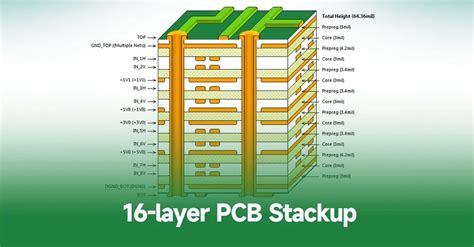
FAQs
What should I consider when choosing a 16 layer PCB manufacturer?
When selecting a 16 layer PCB manufacturer, you should evaluate their technological capabilities, quality assurance practices, production capacity, and the level of customer support offered. This ensures you collaborate effectively and achieve the desired outcomes for your project.
How can I assess the quality assurance practices of PCB manufacturing companies?
Reviewing a manufacturer’s certifications and conducting audits can provide insight into their quality assurance processes. Look for industry-recognized standards such as ISO 9001, as this signifies a commitment to maintaining high-quality standards in PCB manufacturing.
What is the typical turnaround time for 16 layer PCBs?
Turnaround times usually depend on the complexity of the design and the manufacturer’s production schedule. Generally, you can expect anywhere from a few days to several weeks in the PCB manufacturing business, so it’s wise to discuss this upfront.
How do I find value in my PCB manufacturing cost?
To find value in PCB manufacturing cost, weigh factors such as material quality, design complexity, and production efficiency against pricing. It’s also beneficial to compare quotes from several PCB manufacturing companies before making your decision.
What types of customer support should I look for in a PCB manufacturer?
Look for manufacturers that offer comprehensive support throughout the project lifecycle, including design assistance, technical guidance, and responsive communication. This can greatly enhance your experience in dealing with their PCB manufacturing business.

